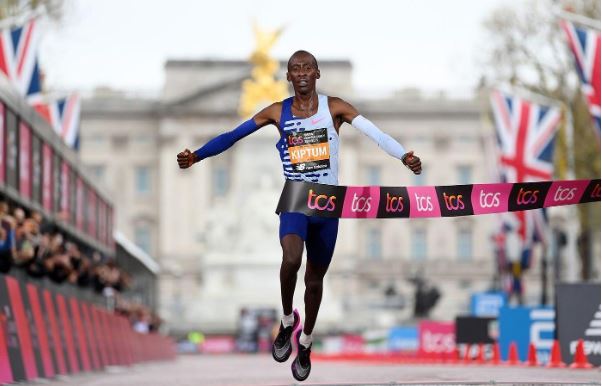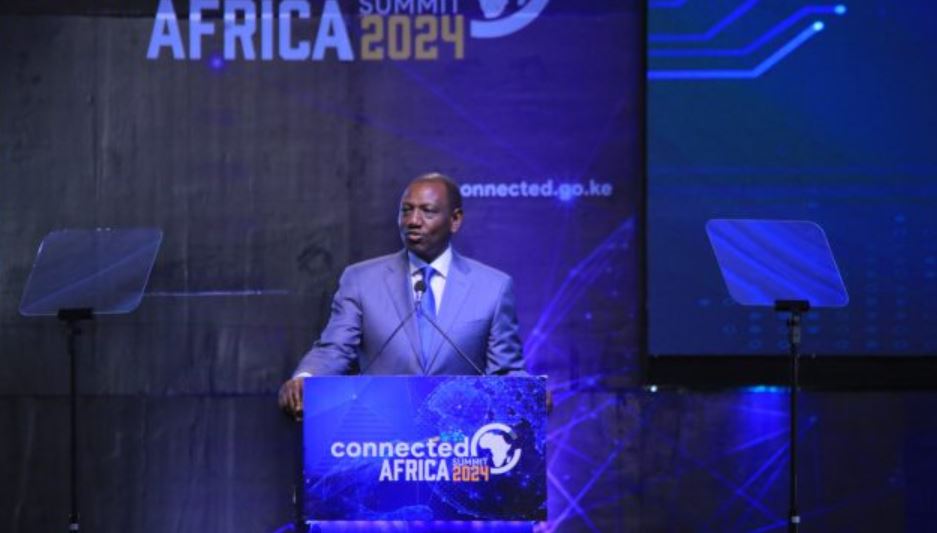
As esports and gaming continue to surge in popularity, it becomes imperative to address the well-being of both players and fans.
Mental health should be given even more attention than cs2 gambling if you are a player of this mobile game.
In this article, we delve into the significance of mental health in esports, the challenges faced by players, the impact on fans and spectators, strategies to promote mental wellness, and proactive measures to foster a supportive environment within the esports community.
Recognizing the Importance of Mental Health in Esports
Esports, often hailed for its thrilling competition and dynamic gameplay, demands a level of mental fortitude that rivals traditional sports. Behind the scenes, players face a myriad of challenges that can significantly impact their mental well-being. One of the critical aspects of addressing mental health in esports is recognizing the signs and symptoms that may indicate underlying issues.
Players immersed in the competitive world of esports may experience a range of mental health challenges, including anxiety, depression, burnout, and stress-related disorders. These issues can manifest in various ways, affecting both the players’ performance and their overall quality of life.
Anxiety may manifest as persistent feelings of nervousness, worry, or fear, particularly before important matches or tournaments. Players may experience physical symptoms such as increased heart rate, sweating, trembling, and gastrointestinal distress, which can interfere with their ability to concentrate and perform optimally.
Depression can manifest as a pervasive sense of sadness, hopelessness, or emptiness, impacting players’ motivation, energy levels, and enjoyment of the game. Players may withdraw from social interactions, experience changes in appetite or sleep patterns, and struggle to find pleasure in activities they once enjoyed.
Burnout is a prevalent issue among esports athletes, characterized by emotional and physical exhaustion, reduced performance, and a sense of detachment from the game. Players may experience irritability, cynicism, and a diminished sense of accomplishment, leading to a loss of passion for gaming and decreased motivation to practice or compete.
Stress-related disorders such as post-traumatic stress disorder (PTSD) or panic disorder may also affect esports players, particularly those who have experienced traumatic events or high-pressure situations in-game or in their personal lives. Symptoms may include intrusive thoughts, flashbacks, nightmares, and intense feelings of fear or panic.
Recognizing these signs and symptoms is the first step toward addressing mental health issues in esports.
By raising awareness, providing education, and offering support resources, we can create a healthier and more sustainable environment for players to thrive both on and off the virtual battlefield.
Challenges Faced by Players
Behind the scenes, esports athletes face a myriad of challenges that can exacerbate mental health issues. The sedentary nature of gaming coupled with long hours of practice can lead to physical health problems and social isolation.
Moreover, the constant scrutiny from fans and sponsors, coupled with the fear of failure, can contribute to stress, anxiety, and even depression among players. In a hyper-competitive environment where success is often equated with self-worth, seeking help for mental health struggles may be stigmatized or disregarded.
However, it’s crucial to recognize that mental health challenges in esports are not solely confined to players.
Coaches, managers, and support staff also face immense pressure to deliver results, often sacrificing their own well-being in the process.
Addressing mental health holistically within esports organizations requires a cultural shift that prioritizes the health and happiness of everyone involved in the competitive ecosystem.
Impact on Fans and Spectators
The influence of esports extends far beyond the players themselves, reaching millions of passionate fans and spectators worldwide. While esports can provide a sense of community and belonging, excessive engagement can lead to negative consequences for mental health.
The pressure to emulate professional players’ success, coupled with the addictive nature of gaming, can lead to unhealthy behaviors such as excessive gaming, social withdrawal, and neglect of real-world responsibilities.
Furthermore, toxic online environments and cyberbullying prevalent in some gaming communities can exacerbate mental health issues among fans.
Despite these challenges, esports also has the potential to positively impact the mental health of its audience.
By promoting inclusivity, diversity, and positive social interactions within gaming communities, esports organizations can create spaces where fans feel supported and empowered.
Additionally, initiatives such as mental health awareness campaigns, support hotlines, and online resources can provide fans with the tools they need to prioritize their mental well-being while enjoying their favorite esports content.
Strategies for Promoting Mental Wellness
Addressing mental health in esports requires a multi-faceted approach involving players, organizations, fans, and the wider community. Implementing proactive measures such as regular mental health screenings, access to counseling services, and education on stress management and coping mechanisms can help players navigate the challenges they face.
Additionally, fostering a supportive and inclusive environment within the esports community can destigmatize mental health discussions and encourage players and fans alike to seek help when needed.
Organizations and tournament organizers also have a responsibility to prioritize player well-being by enforcing reasonable practice hours, providing adequate rest periods, and offering resources for mental health support.
In addition to individual and organizational efforts, collaboration across the esports industry is essential to effect meaningful change.
By sharing best practices, advocating for mental health awareness, and investing in research initiatives, stakeholders can work together to create a culture of wellness that permeates every aspect of esports, from grassroots communities to international tournaments.
Conclusion
As esports continue to evolve and capture the hearts of millions worldwide, it is essential to prioritize the mental health and well-being of players and fans alike.
By recognizing the challenges faced by players, acknowledging the impact on fans and spectators, implementing strategies to promote mental wellness, and fostering collaboration across the industry, we can ensure that esports remains a sustainable and inclusive community for years to come.
Together, let us strive to create a future where success in esports is not measured solely by tournament victories but also by the health and happiness of all those involved.








